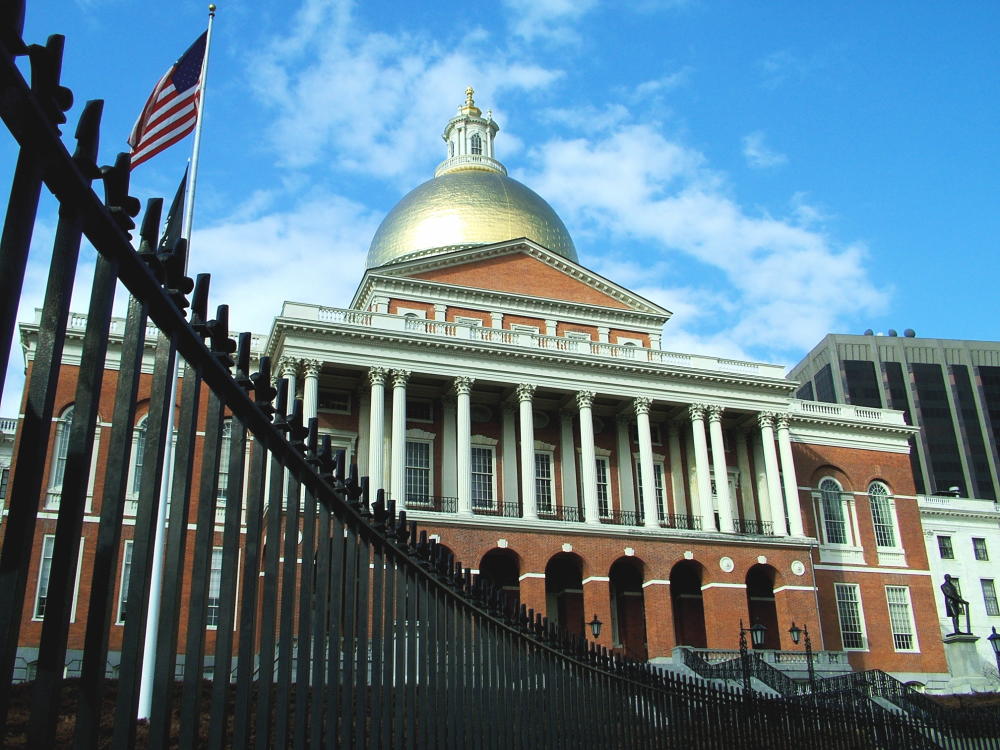A new state budget cycle gets underway next week in Massachusetts and the proceedings this year will carry extra weight for one of state government’s biggest annual outlays: local aid to cities and towns. During his 2014 campaign for governor, Charlie Baker pledged that in the second year of his administration he would ensure that total local aid, including education funding and unrestricted aid, will increase by the same percentage as revenue growth. On Wednesday, lawmakers are set to hear from economic experts about revenue growth projections, information they will use to try to come to agreement with the Baker administration on a growth benchmark they will use to develop the fiscal 2017 budget. In January, Baker’s team and legislative leaders agreed to a 4.8 percent revenue growth rate for fiscal 2016. Five months into FY 2016 actual revenues are up 4.4 percent. The accord that will likely be struck in the next few weeks will also dictate how much money is transferred – before official budget debate even begins – to the state pension fund, the MBTA, the School Building Authority, and the Workforce Training Fund. In this year’s budget, the revenue accord led to $3.783 billion in “off-budget transfers.” Revenue estimators also have to factor in a likely income tax cut, to 5.05 percent, on Jan. 1, 2016.
Baker, in a holiday letter to all staff on Friday thanking them for their work and recounting some of the major accomplishments of the year, put the executive branch on notice that despite an “improving” fiscal climate the upcoming budget cycle “remains very difficult. The governor said work remains to wean the state off the use of “one-time money to pay for the ongoing costs of operating state government” after the fiscal 2016 budget – his first – cut the use of one-timers by 50 percent, or about $500 million.
“That means a tight budget plan for FY 2017, too,” Baker said.
Click on the audio link above to hear a conversation between State House News Service reporter Matt Murphy and NEPR’s Henry Epp.
